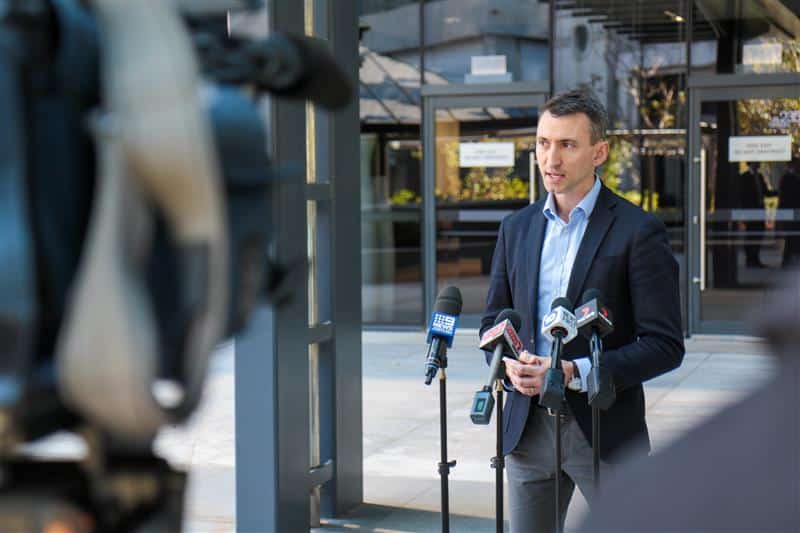Western Australian businesses will lose more than $100 million each year, under a proposal to add two extra public holidays to WA’s calendar.
In its submission to the government’s review of WA’s public holidays, CCIWA calculated the cost to employers for the extra public holidays would reach $115.42 million every year. 
Increased public holiday wages costs for the proposed Easter Saturday holiday would total $67.87m, while the addition of an as-yet undecided weekday public holiday would cost $47.55m.
CCIWA Acting co-CEO and Chief Economist Aaron Morey said the extra public holidays would be a direct hit to small and family businesses.
“It’s clear that WA businesses can’t afford another two days where they’re paying someone $65 an hour to wash dishes,” he said.
“The sad fact is that many small and family businesses in WA are doing it very tough at the moment.
“Base wage costs have spiralled, along with virtually every other cost you can think of, and almost 10% of businesses in the WA hospitality sector alone have closed their doors in the year to April.”
READ: CCIWA’s submission to the WA Public Holidays Review
Last month the State Government launched four-week public consultation on the following potential changes:
- moving existing public holidays to align with other jurisdictions;
- moving WA Day to avoid the winter season; and
- the addition of a new public holiday(s).
10,000 submissions received
The Government said today almost 10,000 submissions were received from individuals, businesses and peak bodies across WA.
It said preliminary analysis of submissions indicated “strong support for changes to WA’s public holidays”, which would inform next steps.
CCIWA Acting co-CEO Aaron Morey said aligning WA’s public holidays with the rest of the country made good sense and would be welcomed by WA businesses.
But WA businesses would oppose extra public holidays.
Morey said businesses that add a public holiday surcharge would still be left out of pocket.
“A 10% or 15% surcharge doesn’t come close to covering wages that are, on average, 250% above base rates,” he said.
“Businesses that do choose to have a surcharge often face a backlash from their customers, and we know many consumers will reduce their spend when a surcharge is applied.”
Any changes are not proposed to take effect until 2027 or 2028.
To find out more about what we stand for, visit our Policy and Advocacy page.












